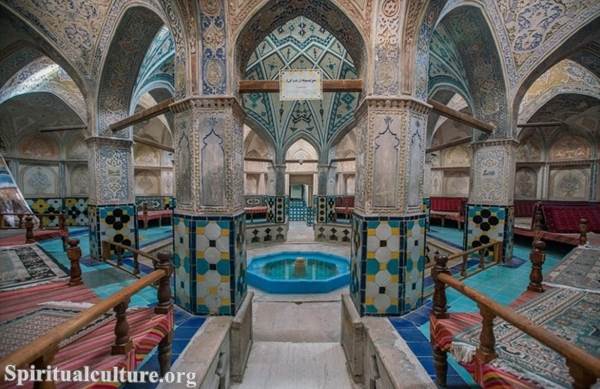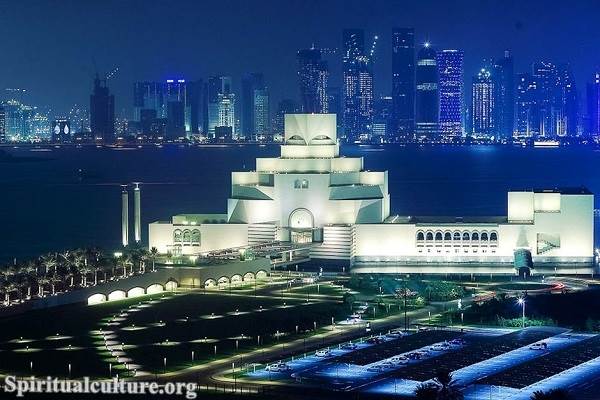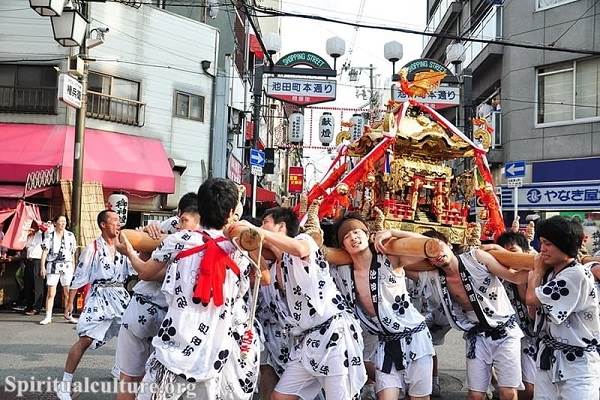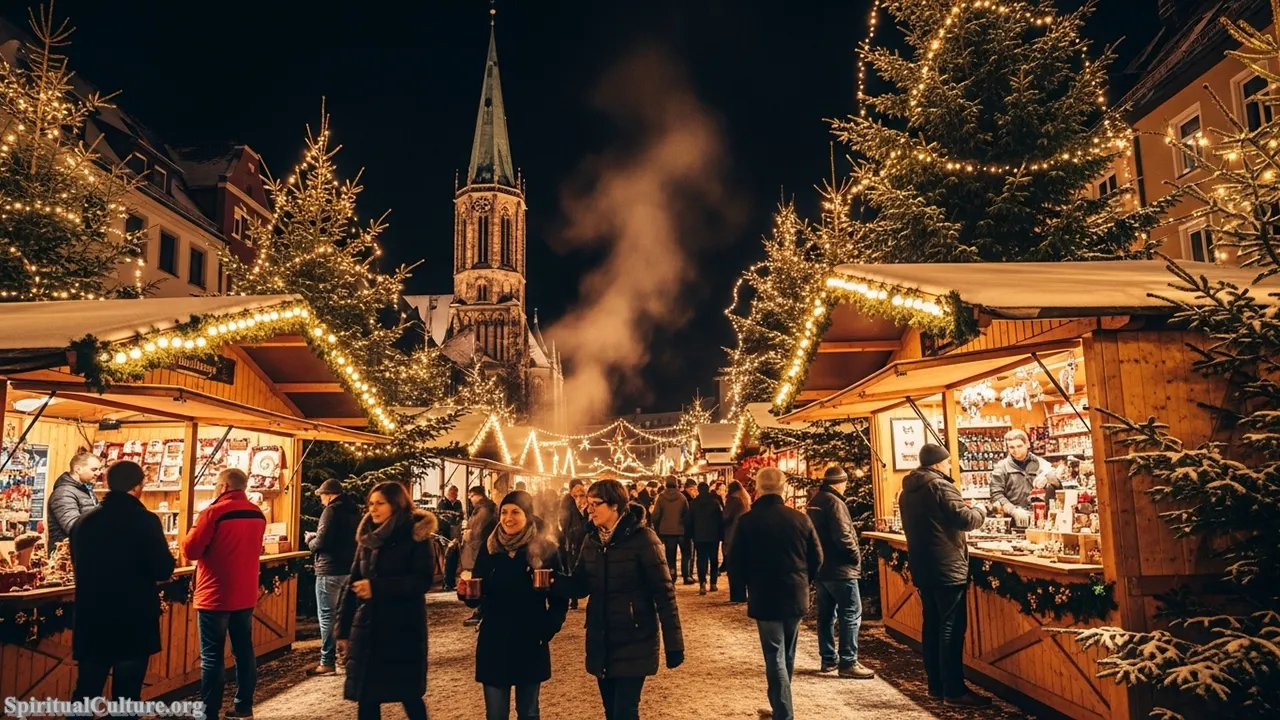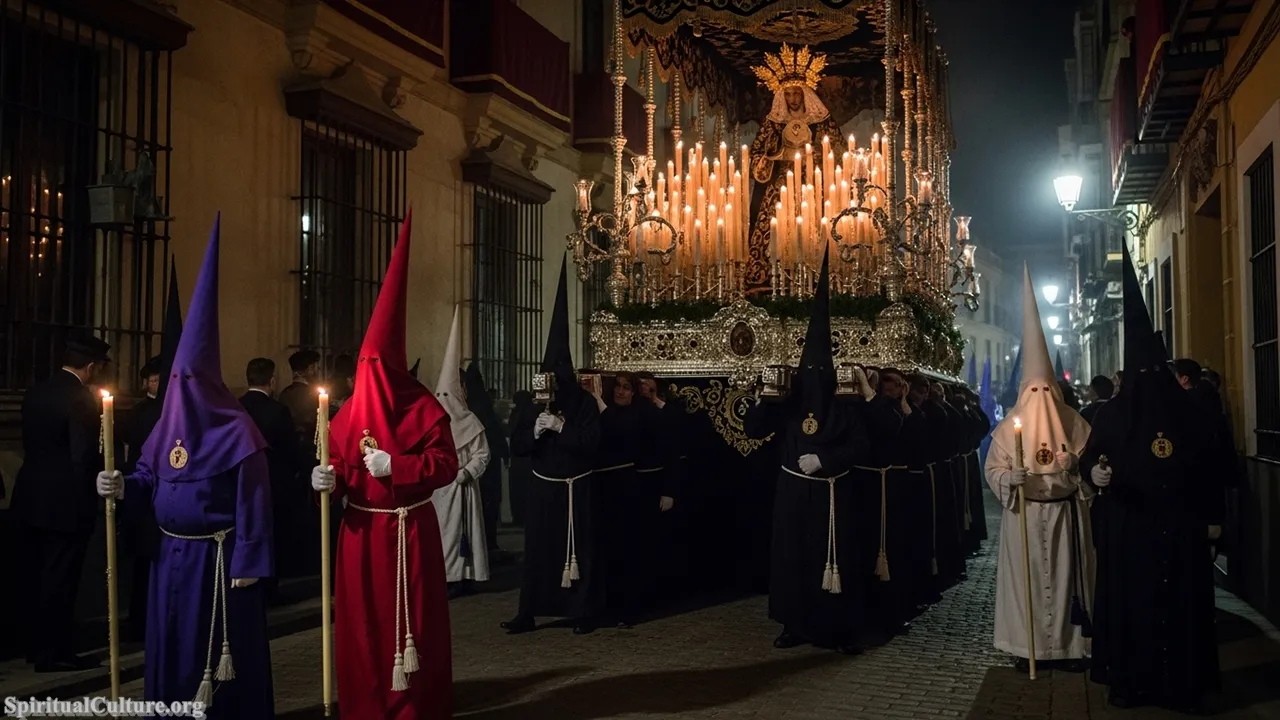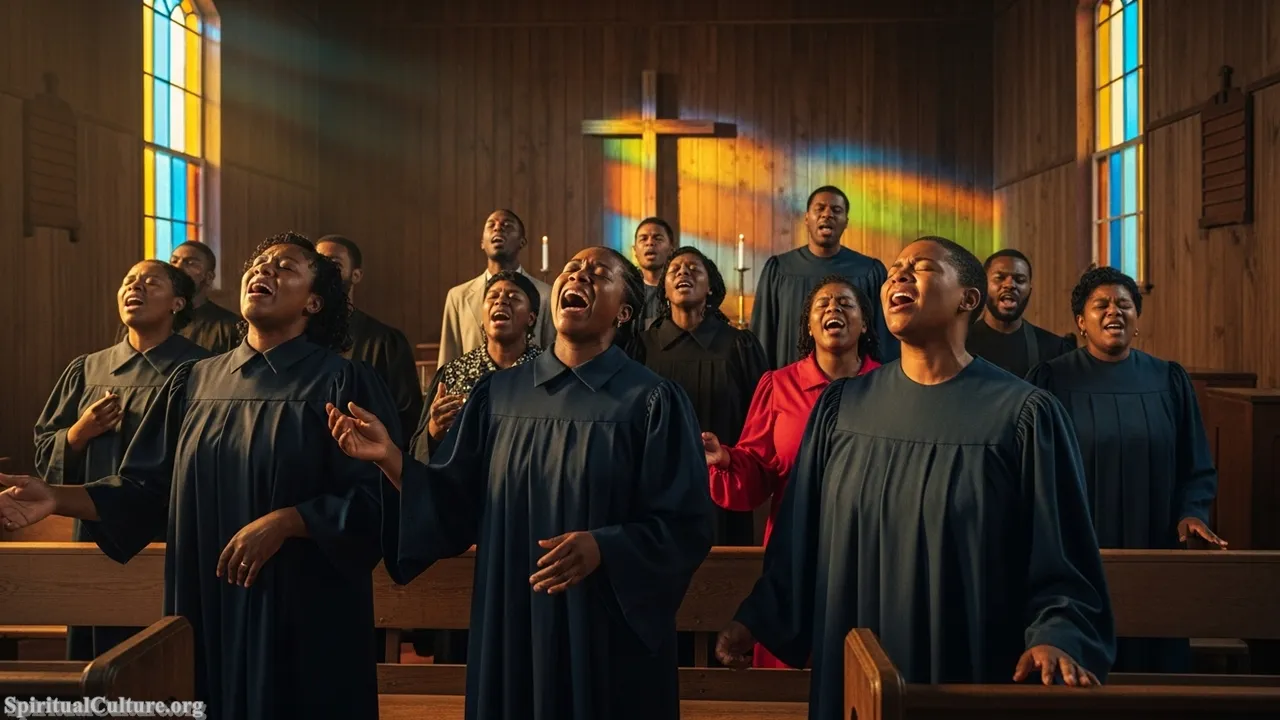Malaysia’s official language is Bahasa Malaysia, but English is also widely spoken and is used in business, government, and education. The country has a predominantly Muslim population, but there is a significant minority of Buddhists, Hindus, and Christians.
Malaysian culture is known for its vibrant and colorful festivals, including religious and secular celebrations. The country is home to many cultural traditions, including traditional dance, music, and arts.
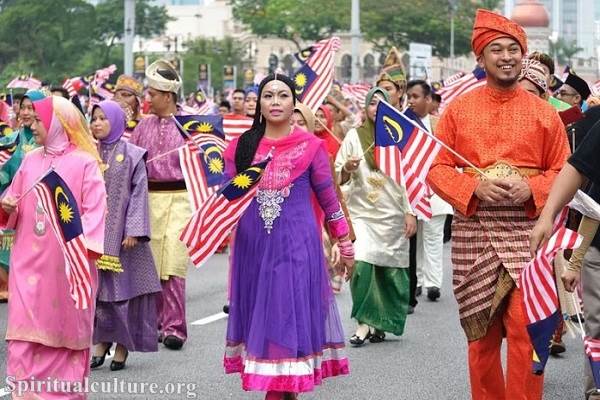
Malaysian cuisine is also a source of cultural pride, with dishes such as nasi lemak (coconut milk rice) and satay (grilled meat skewers) being popular both within the country and internationally.
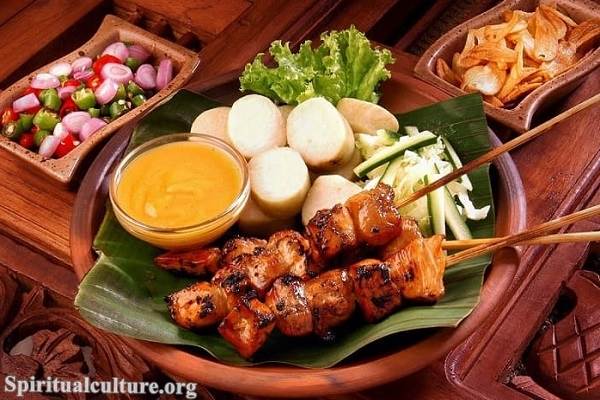
Malaysia is also known for its rich history, with several historical landmarks and cultural sites that attract visitors worldwide. These include the Petronas Twin Towers in Kuala Lumpur, the Gunung Mulu National Park in Sarawak, and the Kinabalu National Park in Sabah.
Family values are important in Malaysia, and extended families often live close to one another and play an active role in each other’s lives.
Respect for elders is also an important aspect of Malaysian culture. Children often show respect to their elders by using formal language and gestures such as bowing or touching their hands to their foreheads.
Islam is the dominant religion in Malaysia, and the country has several beautiful mosques open to visitors. Malaysia is known for its moderate and tolerant approach to Islam, and people of other religions are generally able to practice their faith freely.
Malaysian culture is also influenced by the country’s colonial history, with British, Dutch, and Portuguese influences still visible in various aspects of the culture, such as architecture, language, and customs.
Malaysia is a melting pot of cultures, with significant Chinese and Indian populations. This diversity is reflected in the country’s food, music, and festivals, with each cultural group contributing its unique traditions.
The arts are an important part of Malaysian culture, with traditional dance and music integral to many festivals and cultural events. The country is also home to several museums, galleries, and cultural centers that showcase the country’s rich history and cultural heritage.
Malaysia is a predominantly Muslim country, and many Malaysians observe the dietary laws of Islam. This includes the prohibition of pork and the requirement that meat is slaughtered and prepared according to Islamic guidelines.
Malaysian culture strongly emphasizes education, and many families highly value academic achievement. Education is free for children in Malaysia up to 18, and the country has a high literacy rate.
Malaysia is a multi-ethnic society, and the country has a history of racial tensions between the majority Malay population and the significant Chinese and Indian minorities. However, the country has tried to promote racial harmony and tolerance, and the government has implemented policies to promote national unity.
Malaysian culture is known for its warm and welcoming nature, and Malaysians are generally known for their hospitality and friendliness. Visitors to the country are often struck by the kindness and generosity of the people they meet.
In Malaysia, it is customary to remove one’s shoes when entering someone’s home or place of worship. It is also considered polite to ask permission before entering a private residence or photographing people or cultural sites.
Malaysian culture places a high value on politeness and respect, and it is common to use formal language and gestures when interacting with elders or those in positions of authority.
Malaysia is home to several indigenous cultures, with each group having unique traditions, customs, and languages. These cultures include the Orang Asli (indigenous peoples of the Malay Peninsula) and the Dayak (indigenous peoples of Sarawak and Kalimantan).
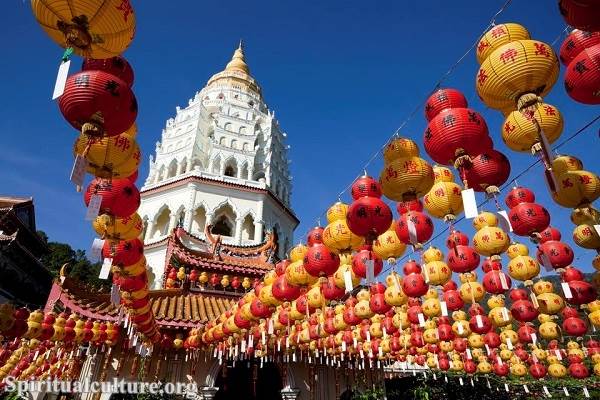
Malaysia is predominantly Muslim, and the Islamic calendar marks important events and holidays. However, the country also celebrates several secular holidays, including Malaysia Day (commemorating the formation of Malaysia), Independence Day (commemorating the country’s independence from British rule), and Labor Day.
Malaysia is known for its rich and varied art scene, with traditional dance, music, and arts being an important part of its culture. The country is also home to several contemporary artists and galleries showcasing a range of art forms, including painting, sculpture, and photography.
Overall, Malaysia’s culture is a unique blend of different traditions and influences that make it a vibrant and exciting place to visit and explore.
